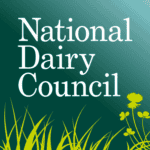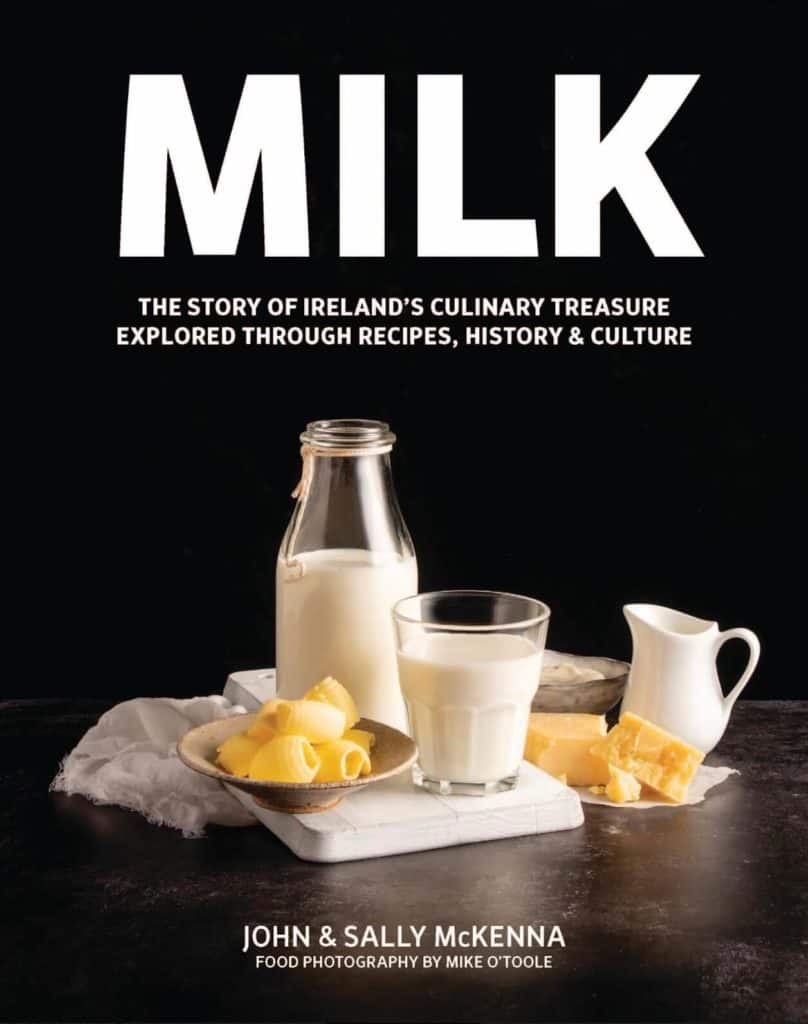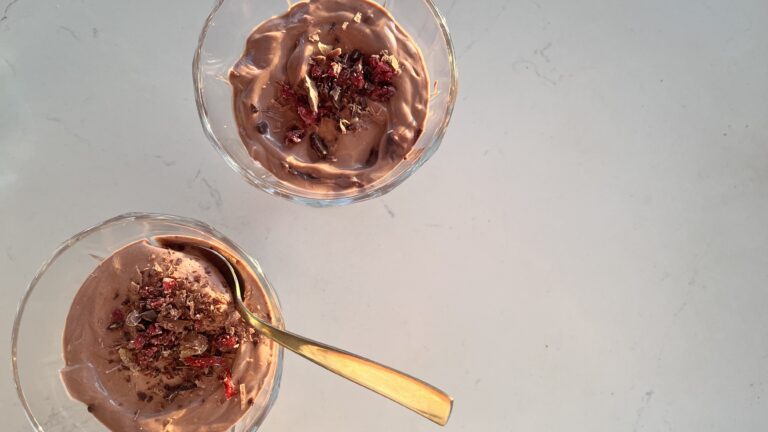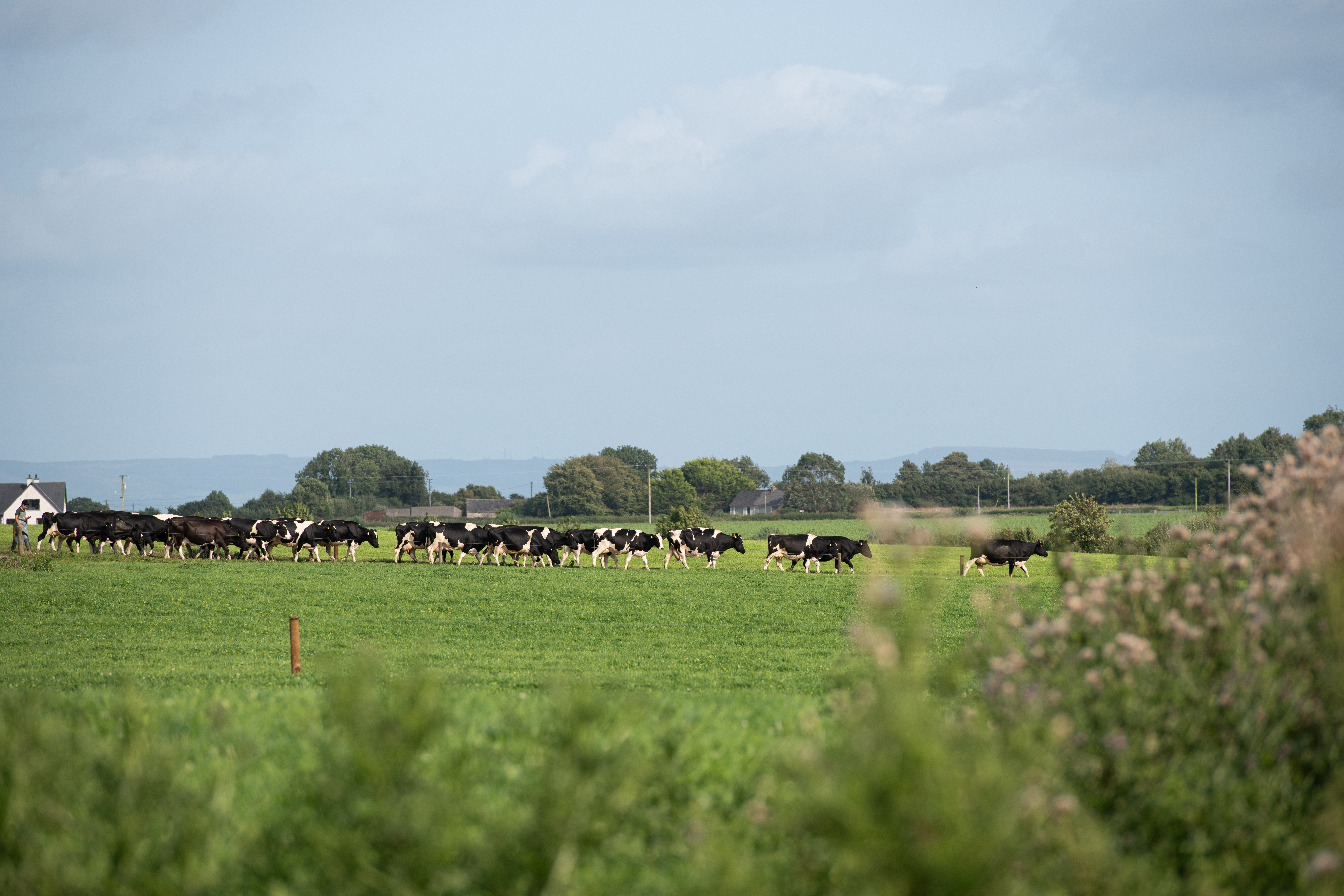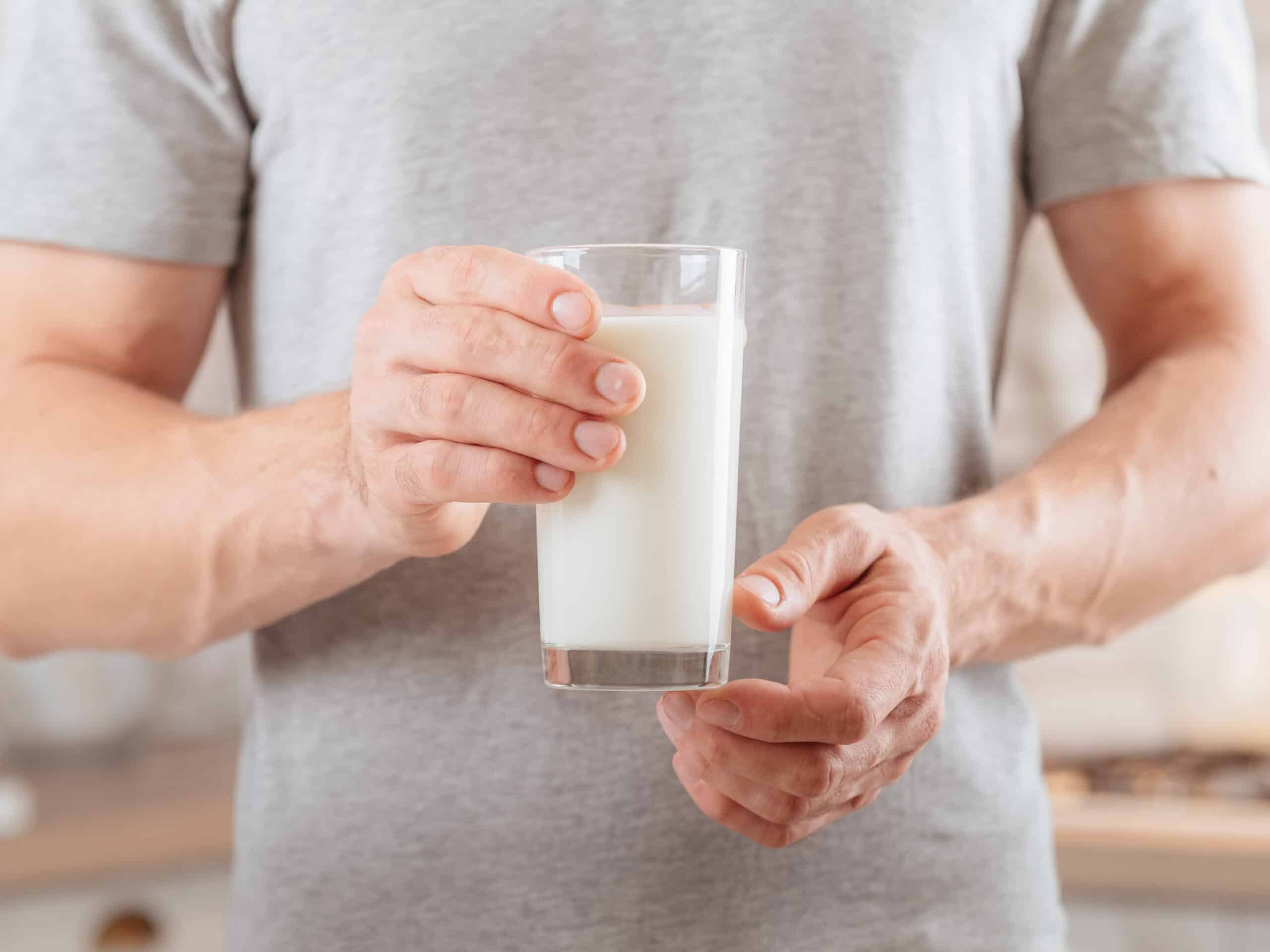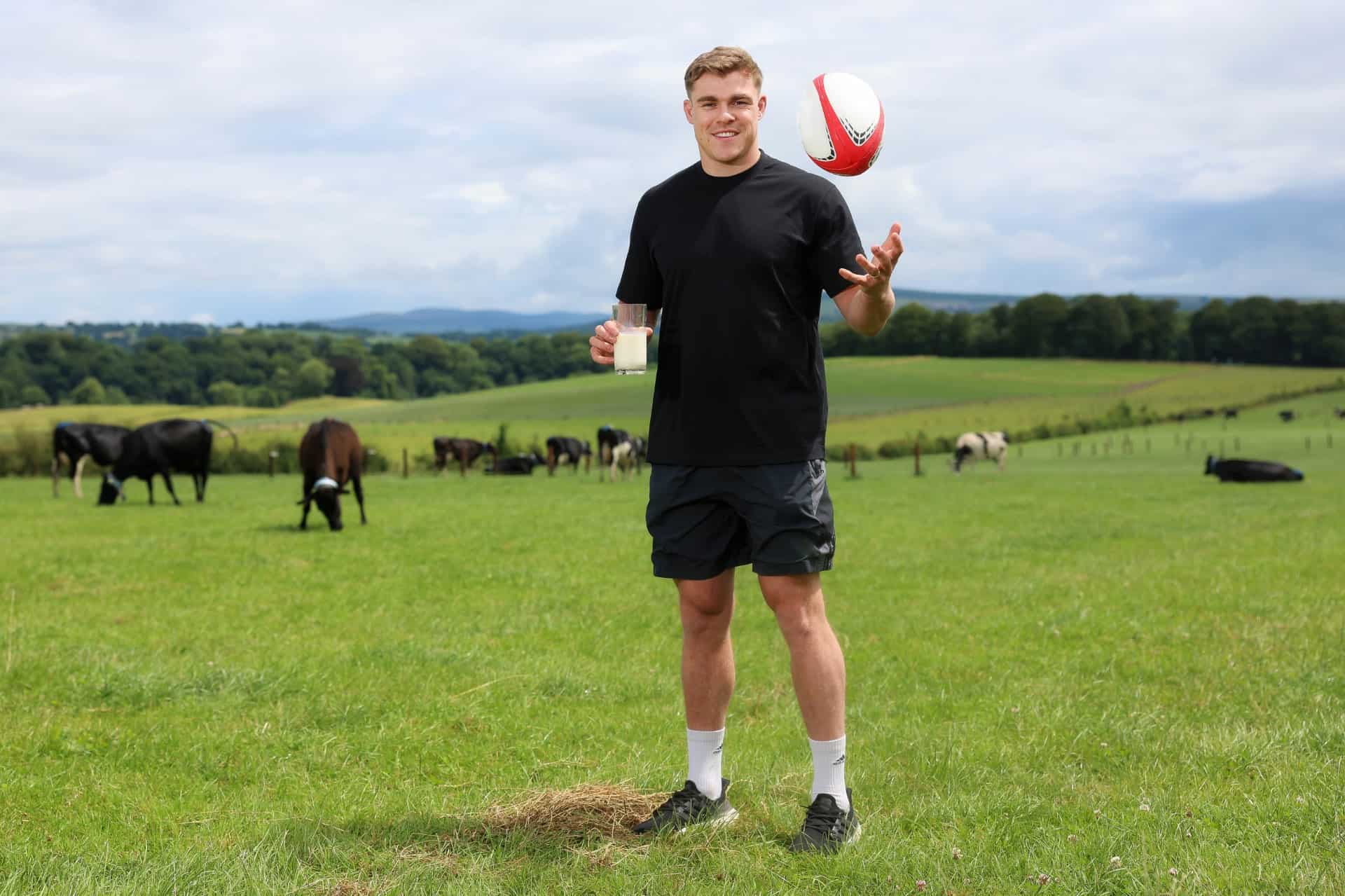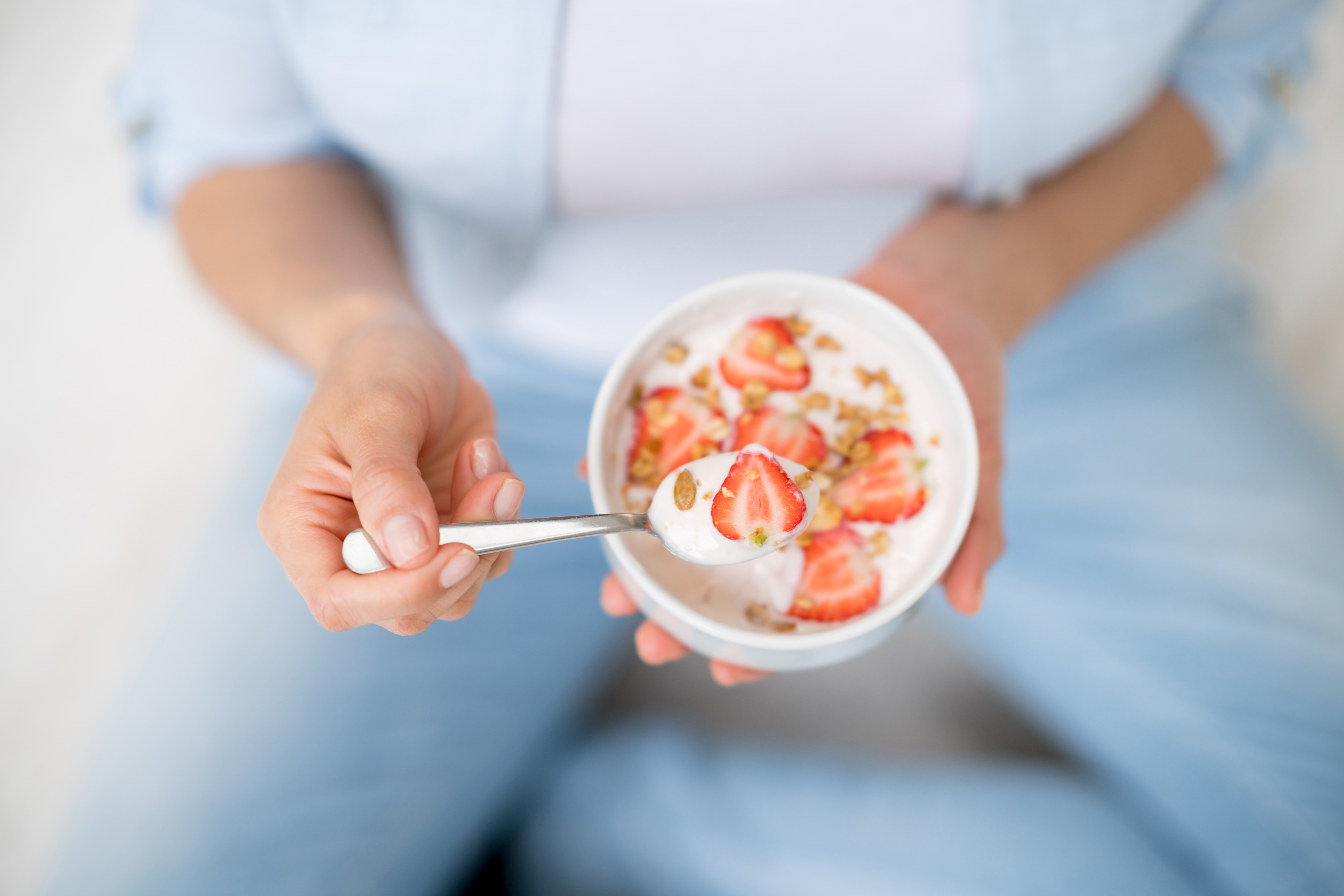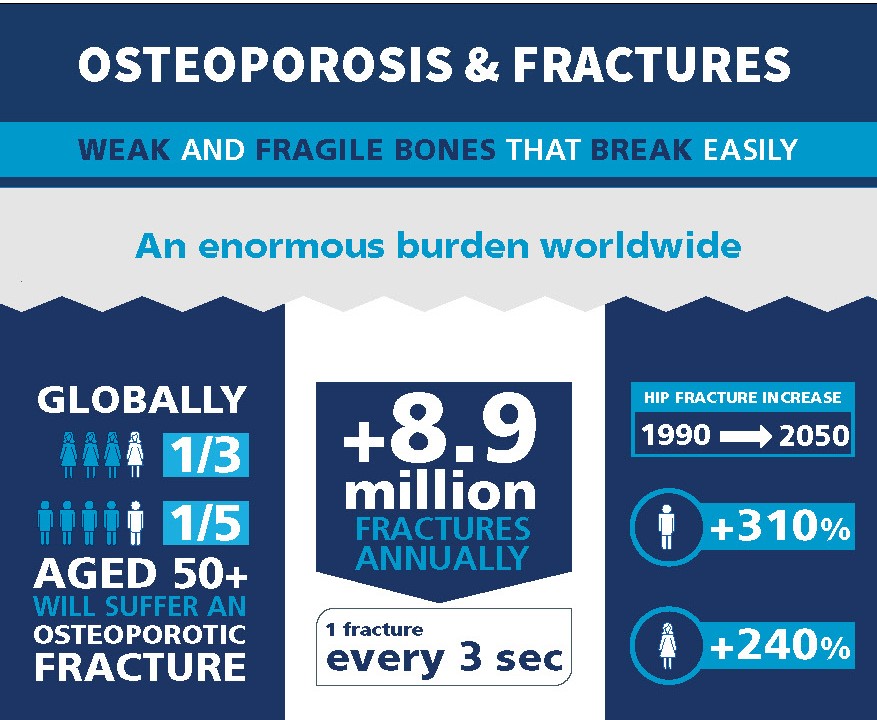The National Dairy Council (NDC) has worked with a number of experts, influencers, athletes and chefs over the last number of years through their Health and Wellbeing Evenings held around the country. The NDC wants to bring these events to life in print and online to support people during this challenging time.
The NDC have created practical guidance and insights alongside health and wellbeing experts on relevant topics such as: healthy eating for home-schooling and working-from-home; coping with cocooning and cabin fever; maintaining social connections through isolation; building resilience in the face of uncertainty; and the importance of keeping physically and mentally active.
Registered Nutritionist and Wellness Manager with the NDC, Caroline Gunn, explains: “The National Dairy Council has hosted over thirty Health and Wellbeing Events nationwide in conjunction with our member co-ops over the past ten years. These have been a wonderful way to provide advice and tips to local communities on nutrition and wellbeing from experts such as dietitian, Paula Mee and Chartered Psychologist, Shane Martin. With the entire country affected by the current pandemic, we wanted to continue to bring guidance on important topics to communities in a meaningful way.”
Maintaining Healthy Eating Habits
Dietitian Paula Mee says “With daily routines being completely disrupted, this often coincides with changes in our eating patterns. For example, our food choices may differ during the summer holidays or on weekend days compared to weekdays. With the current restrictions requiring more people to work from home, cocoon or home-school children, this can lead to a period of meal and snack adjustment. Anecdotally, yet understandably, there seems to be more comfort eating and drinking occurring. Getting through this house bound phase will require us to find a way to eat well. It is so essential for our physical and mental health, and to support the normal functioning of our immune systems at this critical time.”
Below are some practical tips:
- Create a routine: For those with a loss of appetite or those that reach for food out of boredom or anxiety, creating structure and routine by having meals or snacks around the same time each day will help.
- Think ahead when making out your shopping list: When cooking, make extra servings which can be frozen as individual meals for a later date. It is also the perfect time to try out new recipes, include the children in cooking and baking or make a nutritious dish for delivery to a loved one.
- Don’t forget: Dairy products, such as milk, yogurt and cheese are versatile and make a nutritious addition to meals and snacks as part of a balanced diet. For example, as well as providing calcium, protein and phosphorus to support normal bone health(a); milk, cheese and yogurt(b) are rich sources of Vitamin B12, with cheese also providing vitamin A and zinc. These nutrients contribute to the normal function of the immune system(a).
Keeping Spirits High During Testing Times
Shane Martin, Chartered Psychologist, provides tips to help us look after our mental wellbeing:
- Maintain social connectedness: People need people. With physical distancing we have to tap into technological resources to continue to remain social. Interact and stay connected with good humoured people. Laughter is a therapy and lifts the mood.
- See the world around you and marvel in it: Feel the breeze, smell the flowers, watch the sun rise. There is therapy in the clay, calmness in the sky and energy in the animals, trees, plants and flowers. The beauty of the world has not disappeared. We have the time to focus more on it now.
- Dig up a long-lost hobby or start a new pastime: Happy people do things that they love doing. We may have complained about not having time for hobbies, so now is the perfect excuse.
The NDC will be working with a number of experts and ambassadors over the coming weeks to bring you advice and support during this difficult time.
The NDC website also contains a wide selection of delicious recipes to help keep you nourished and busy in the kitchen and these can be found in our Recipe Section.
References:
(a) Authorised European Food Safety Authority Nutrition and Health Claims
(b) The Department of Health recommends 3 daily servings for adults from the ‘milk, yogurt and cheese; food group; and 5 for those aged 9-18 years. Serving examples: 200 ml of milk; 125 g of yogurt; 25 g of cheese.
For futher information contact:
Cathy Currran, Communications Manager, National Dairy Council
+353 1 290 2518 | pr@ndc.ie
